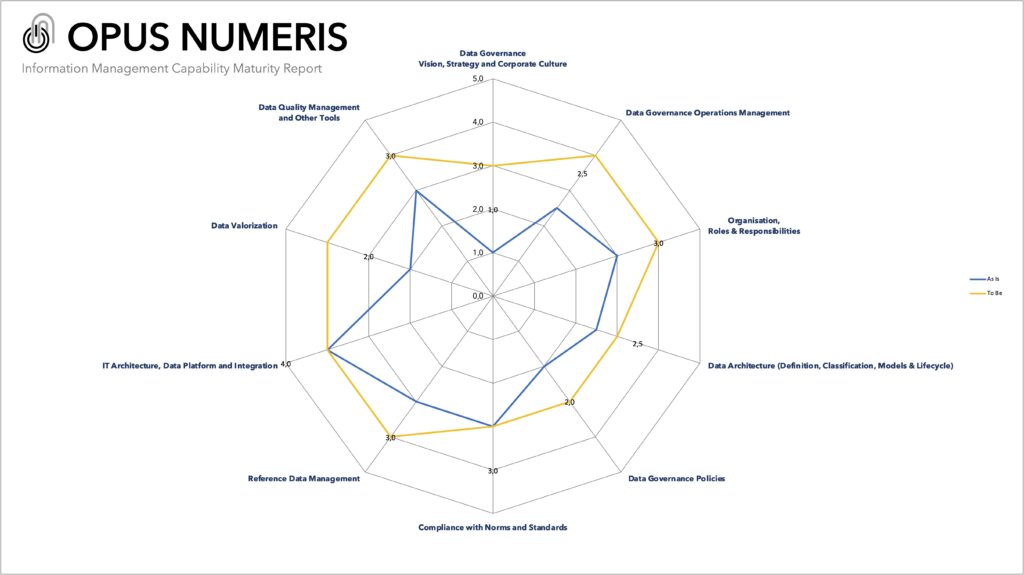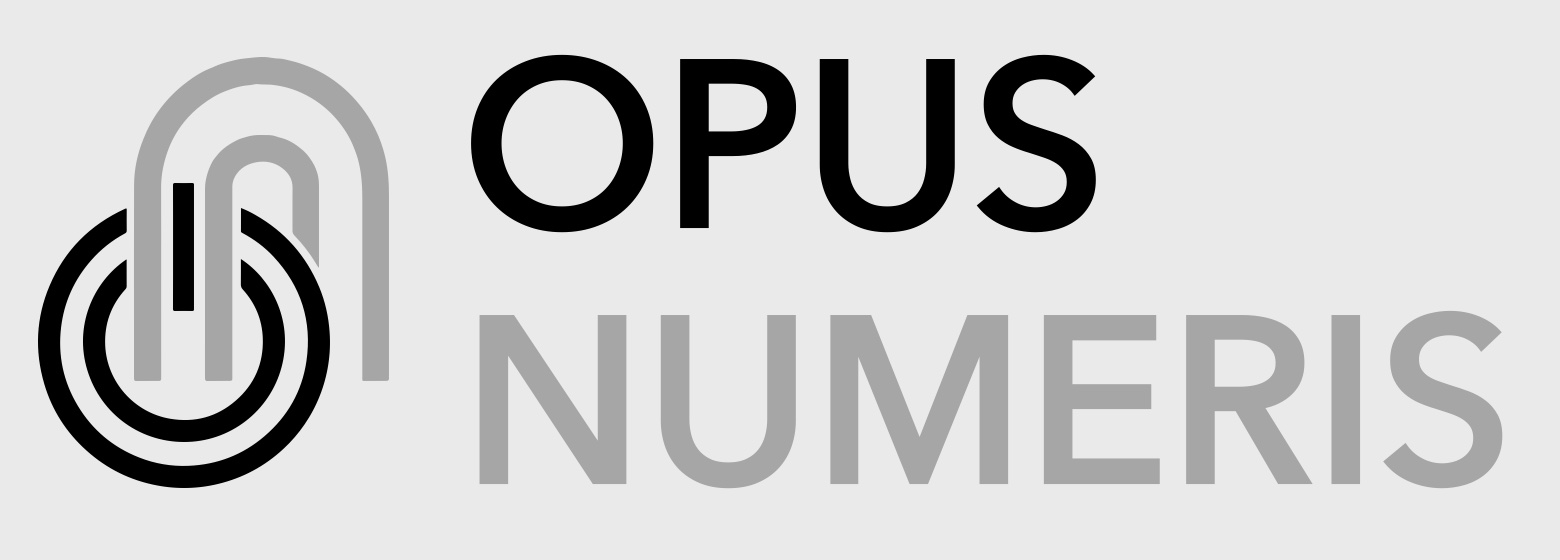It is a very common request from executives to find ways to better assess their organization’s capabilities to manage information throughout its lifecycle. Rightfully, they want to get clear answers on questions like : What are my organization’s strengths and weaknesses when it comes to managing data and information assets ? Where do I stand versus other organizations in my industry and beyond ? How do I identify the right opportunities to improve my capabilities and how do I set priorities ?
A lot of excellent theory exists on the topic. For instance, there are many Data Management Maturity Models : DAMA DMBOK, MIKE2.0 IMM, IBM Data Governance Council Maturity Model, EDM Council Data Management Maturity Model to name a few… All these models are interesting and useful although they are different from one another, which indicates a lack of consensus about what comprises information management maturity. More problematically, all these models have gaps and very few make the appropriate link to strictly operational benefits such as the overarching capabilities (processes, technologies and skills) required to manage the entire information management lifecycle with the ultimate purpose to deliver services and value to the business (data valorization). We believe that any assessment of maturity must be ground in the actual capabilities needed to manage information effectively for the business and this is why we developed our own Information Management Capability Maturity Model and underlying Diagnostic Tool, allowing to quickly assess the maturity of any company and start designing an improvement path based on their needs.
Our Information Management Capability Maturity Model covers 11 areas :
〉Data Governance Vision, Strategy and Corporate Culture
〉Data Governance Operations Management
〉Organization, Roles & Responsibilities
〉Data Architecture (Definition, Classification, Models & Lifecycle)
〉Data Governance Policies
〉Compliance with Norms and Standards
〉Reference Data Management
〉IT Architecture, Data Platform and Integration
〉Data Valorization
〉Data Quality Management and Other Tools
〉Data Security Management

